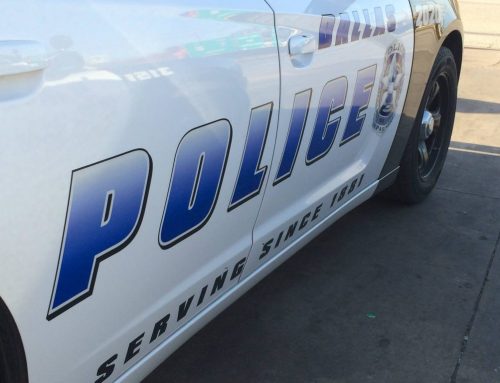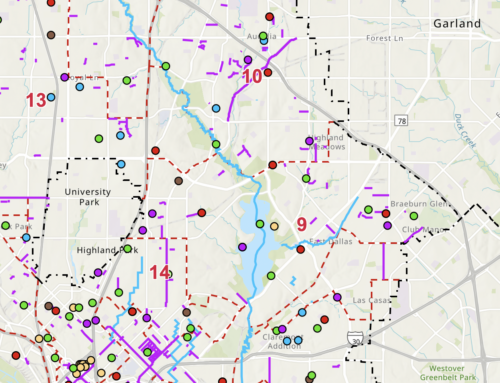I wonder if this is what the ancient Athenians had in mind when they came up with this newfangled democracy idea.
In another forced march down the long road of voter fatigue, Dallas citizens will go to the polls May 4 in the fifth election since the beginning of the year – if you count runoffs – to vote on a proposed across-the-board police and firefighter pay raise. Whew!
This “automatic runoff” system some states are experimenting with, where you mark your first, second and even third choices, looks better all the time.
But back to the business at hand. The various police and fire organizations received enough signatures during the last special mayoral election to force a binding referendum on a 17 percent pay raise, which is, as required by state law, would apply equally from Chief Terrell Bolton all the way down to the newest recruit.
The intent is to address the disparity in salary between Dallas’ police and fire departments and those of the suburbs, particularly for entry-level and lower-ranking personnel. While the retirement benefits are generally acknowledged to be pretty competitive in Dallas, the problem is that the city can’t compete for some of the better talent out there. Or, if we do get new hires, we pay to train them and then within a few years or less they often sign up with one of the suburban departments at better pay and arguably, less danger and few hassles. Virtually everyone agrees that they need and deserve a raise – the question is how much we can afford.
The difficulty lies in the fact that, as usual, the city is strapped for cash for just about every need – short-term and long-term – it has. Civilian city employees have received and no doubt will continue to receive even smaller raises, when they’re not being laid off or otherwise shuffled around.
Every department you can think of is shorthanded and underfunded: code compliance, parks, the libraries… I could go on. Now we’re talking about a quarter billion dollar bond issue, every penny of which is needed. However, most of it will probably go for street repair and maintenance, which, it seems to me, really should be built into the annual operating budget, not capitalized as long-term debt.
Mayor Miller, to her great credit, asked the police and firefighters to accept exactly what she campaigned on (by the way, most of the uniformed groups endorsed her): That is, a 5 percent per-year raise over three years, but no agreement was reached.
However, despite all the sensible reasons why the 17-percent raise may not be prudent, the bet here is that it has a better-than-even chance of passing. Why? Three reasons.
For one thing, Dallas has always prided itself on high-quality police and fire departments, and if the voters perceive that quality, and therefore public safety, will suffer without a pay raise, they’ll be motivated to vote yes. Would you want a disgruntled employee making the next ambulance run to your house?
Second, you would assume that a lot of no votes on a public employee pay raise would come from more conservative areas of the city, but many of those fiscally conservative voters are very strong supporters of the police, so they might largely vote yes.
Third, May 4 is less than eight months after September 11. I wouldn’t want to be the consultant running the campaign perceived to be in opposition to our police and firefighters. My guess is that that emotional tug will be strong enough to pull the fence sitters over to the yes side of the issue.
So we’ll see what happens, but if the prognostication here is correct, don’t expect much work done on our parks for a while.





